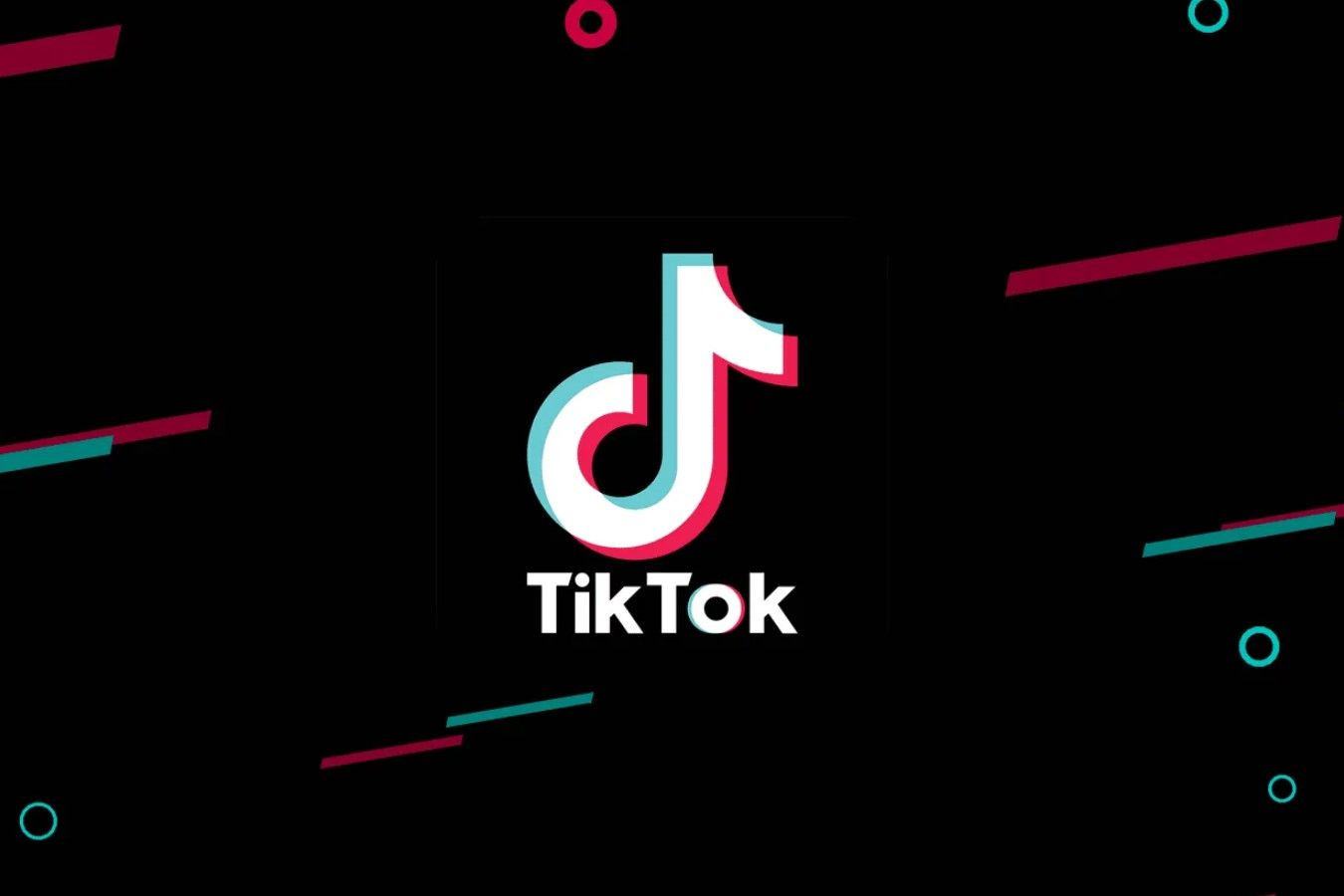U.S. Asks Court to Deny TikTok’s Request to Block Divestment Law

The U.S. Justice Department has urged a federal appeals court to reject TikTok’s emergency bid to delay a law mandating its Chinese parent company, ByteDance, to divest the app in the United States by January 19, 2024, or face a nationwide ban.
TikTok and ByteDance filed their motion earlier this week with the U.S. Court of Appeals for the District of Columbia, warning that without intervention, the law would effectively shut down TikTok, which boasts over 170 million monthly users in the U.S. They also argued that the app is a vital platform for free expression.
The Justice Department contended that TikTok’s continued ownership by ByteDance represents a “continuing threat to national security,” particularly concerning the potential misuse of American user data by the Chinese government. In its filing, the DOJ stated that while the ban would not immediately restrict TikTok use by existing users, the eventual prohibition on support and updates would render the app unusable over time.
Last Friday, a three-judge panel upheld the law requiring ByteDance to divest TikTok, dismissing the companies’ arguments. TikTok has since appealed to the U.S. Supreme Court, seeking a temporary delay while awaiting further rulings.
The timing of the decision could leave TikTok’s fate in the hands of President Joe Biden, who must decide whether to grant a 90-day extension to ByteDance to complete the divestment before the Jan. 19 deadline. The issue could also fall to President-elect Donald Trump, who will take office the day after the deadline.
Trump has stated he would oppose a TikTok ban, signaling a sharp departure from his earlier stance during his first presidency, when he unsuccessfully attempted to ban the app in 2020. His previous efforts to block TikTok and Tencent-owned WeChat were halted by the courts.
The law also gives the U.S. government expanded authority to ban other foreign-owned apps that raise national security concerns over data collection. This precedent further heightens the stakes, with ByteDance and TikTok seeking clarity on their operational future in the U.S.
The legal battle underscores the tension between national security concerns and the role of TikTok as a major platform for content creation, communication, and cultural exchange in the U.S.














